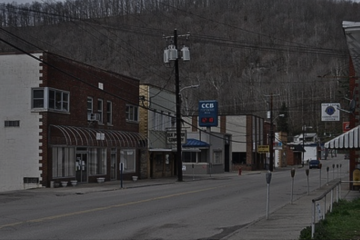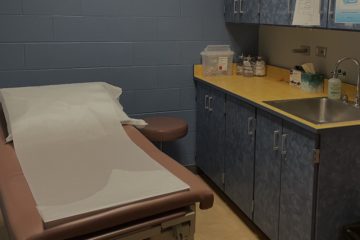by Kelli Caseman and Michael Brumage
Could a billion dollars be the solution to the drug epidemic? West Virginia is one of 46 in the process of disbursing lawsuit-related opioid settlement funding. Our state has received payments from drug distributors, pharmacy retailers, prescription drug manufacturers, drug distributors, and a management consulting firm. So far, those settlements total around $847 million, but the final settlement amount may increase to over a billion dollars.
Attorney General Morrisey has written a Memorandum of Understanding that, like many states, includes a state share, local share, and “abatement fund” that will be allocated through the guidance of the soon-to-be-created West Virginia First Foundation. This nonprofit will oversee 72.5% of the state’s allocation.
Effective in March, Senate Bill 674 specified governing board membership, the appointment of an executive director, and reporting requirements. Soon, Governor Justice will appoint five members to the board representing the interests of local government. The Attorney General is charged with appointing the executive director.
As this process has unfolded among policymakers and shared through the media, many key details remain unaddressed, such as where all this money is going to go, how it’s going to help the West Virginians most affected by this public health crisis, and how this nonprofit will ensure that community voices and priorities will be included.
For years, as the drug crisis evolved beyond just opioids, we’ve watched as communities with the highest prevalence of intergenerational poverty in West Virginia’s most rural places suffer under the seismic force of this complex epidemic. Through these years, community-based nonprofits have worked continuously to provide resources, direct services, and advocate for their neighborhoods. They are often subcontractors of federal or state government systems who partially fund their work. There’s a considerable power differential at play. As such, they are often considered “boots on the ground” rather than key players in ongoing strategic planning. They have rarely had a place at the planning table—a missed opportunity that would have incredibly adverse consequences for them and the communities they serve if they are excluded as this funding is allocated.
While the nonprofit West Virginia First Foundation was created specifically to ensure West Virginia does not follow the same path it did with tobacco settlement funding, the plan still puts most of the decision-making in the hands of state and local policymakers.
To us, this is simply a longer road down the same path, where policymakers can make unilateral decisions without public input, resulting in little to no funding going to the communities that need it most. According to the MOU, those chosen to sit on the governing board must have experience working with “substance abuse treatment, mental health, law enforcement, pharmacology, finance, and health care policy and management.” But there is no requirement that leaders from the nonprofit sector or other representatives of marginalized communities have a place on the nonprofit’s board.
Simply put, if you’re worried that the “good old boys club” will take this opportunity for their own personal benefit or political advancement, you should be. There aren’t many safeguards to ensure equitable seats at the planning table for community stakeholders or marginalized populations or that the process for allocating funds is transparent.
Consequences for excluding public input in how funding is distributed are already happening in Ohio, which has a nearly identical plan for administering funds as West Virginia. A local group of advocates is now suing Ohio’s nonprofit foundation created by that state for lack of transparency.
Twelve states have committed to reporting 100% of their opioid expenditures to the public. West Virginia, like Ohio, is not one of them.
West Virginia still leads the nation in drug overdose mortalities. We’re over thirty points ahead of the state ranked second, Kentucky.
No state has as much to gain, or as much to lose, as West Virginia in investing its opioid settlement funding in support, resources, and strategies that work. There is no state in the nation with community leaders who have been in the trenches longer, fighting this epidemic. But you rarely see them in the media or given a platform by government systems. It’s time to give them the mic—not the policymakers, not the academics, and not those corporate entities whose lobbyists construct an advantageous narrative for our elected officials.
Community organizations, it’s time to rally the troops. Make peace with fellow nonprofits and build your power. Demand better data collection and evaluation for all funded strategies. If we don’t work together, we won’t have the strength to ensure that funding trickles down to the community level, where it’s most needed.
Who gets the opioid settlement money? That should be a question that everyone in this shared space—the families, the providers, and the communities—should answer. But if we don’t stay diligent and demand a transparent process, the table may be set for a select few, and the moment to speak may never come.

Michael Brumage, M.D., MPH, lives in Charleston. Kelli Caseman is the executive director of Think Kids.



2 Comments
Marcy Wesel · April 21, 2023 at 6:47 pm
Any thoughts of including folks on this board who have been directly affected by this epidemic? There are great examples of people who are working diligently to recover, build better lives and trying to help their other family members come out of this darkness.
Think Kids · August 8, 2023 at 11:02 pm
That would be really important! But it doesn’t appear as if any of the regions elected representatives who have directly experienced people in recovery or their family members.